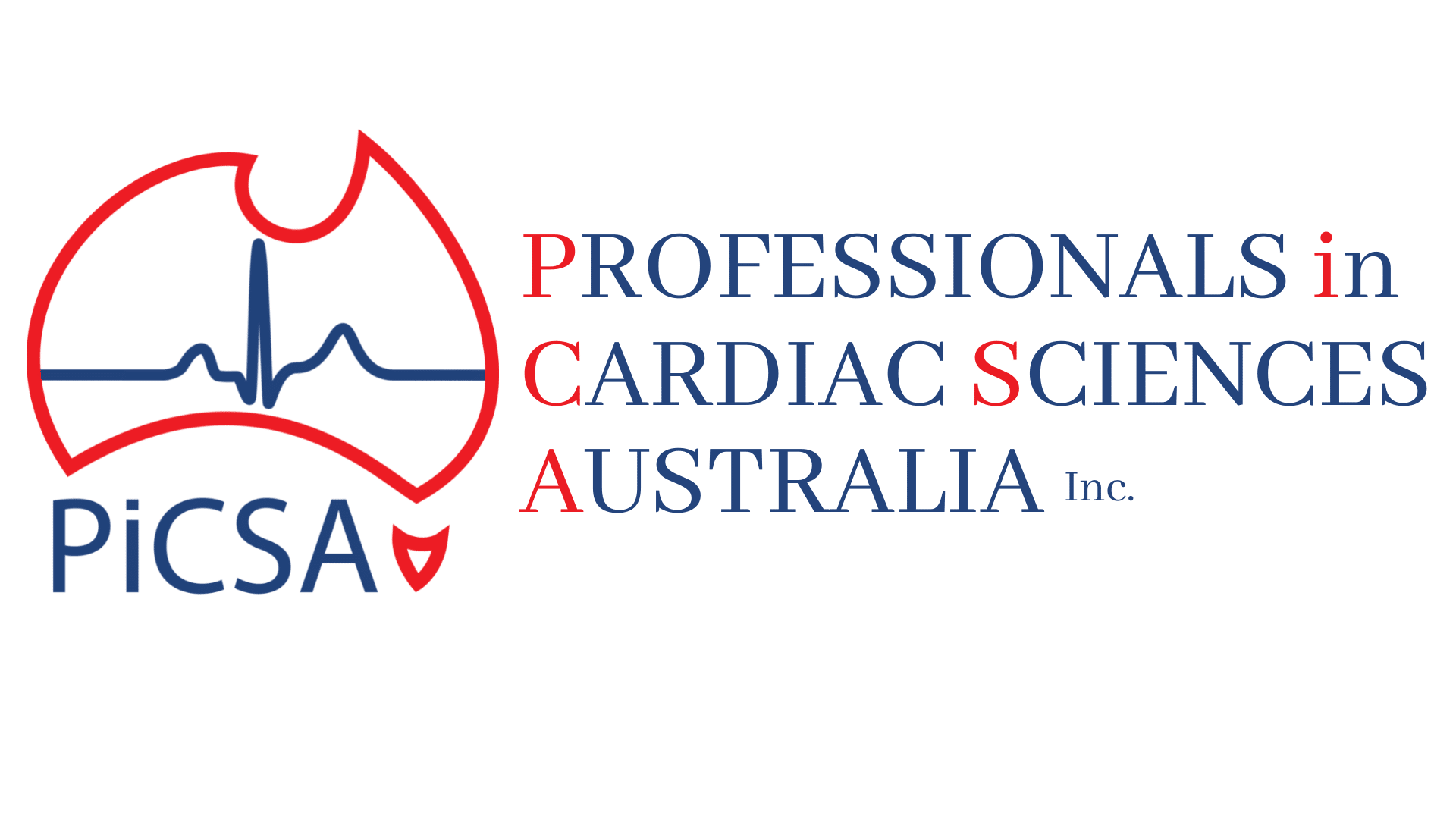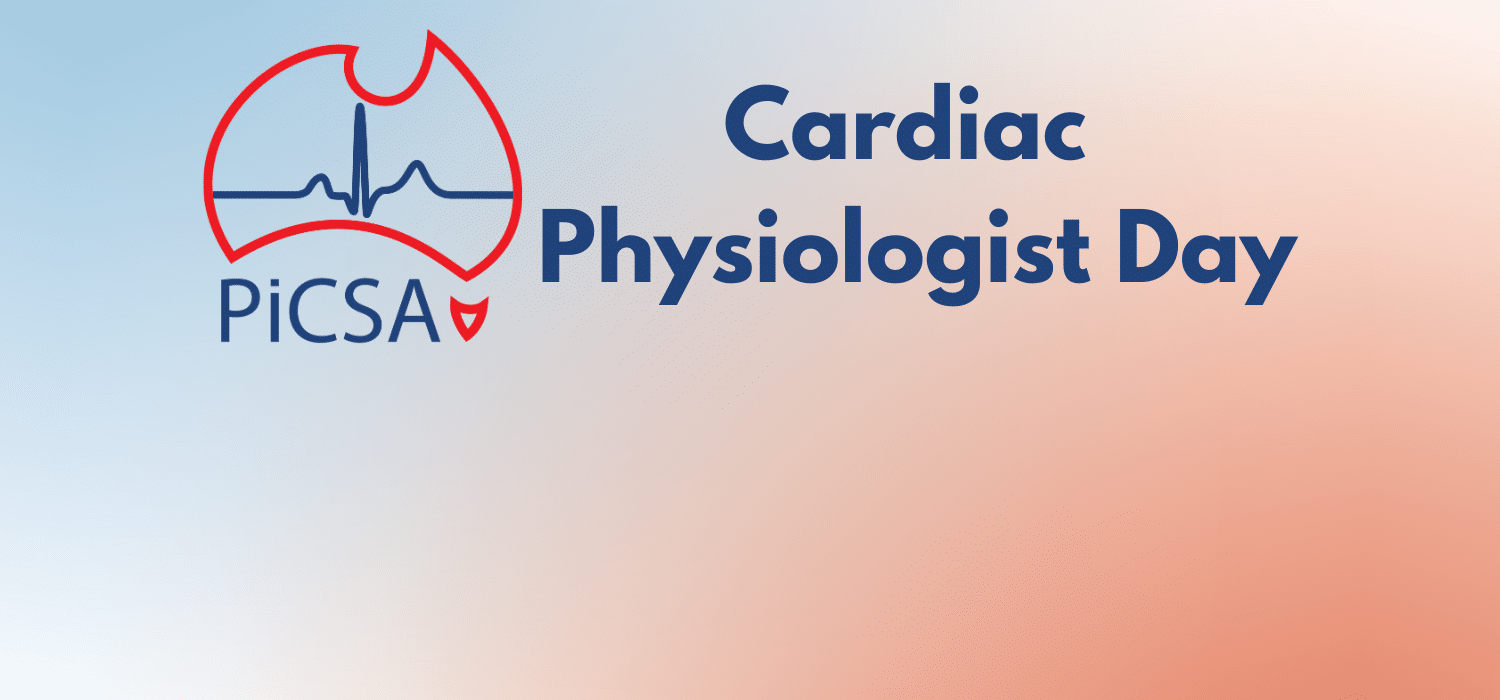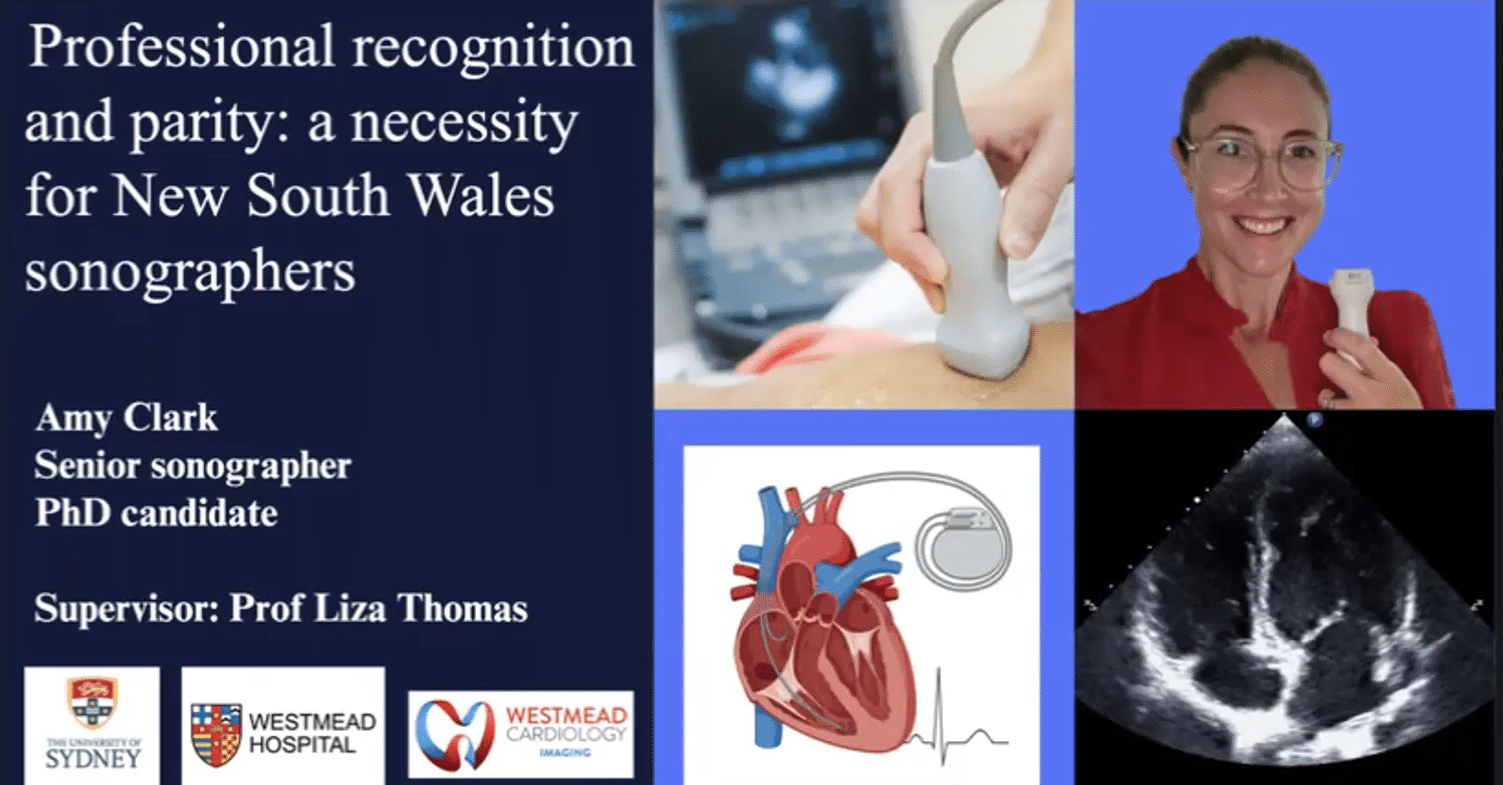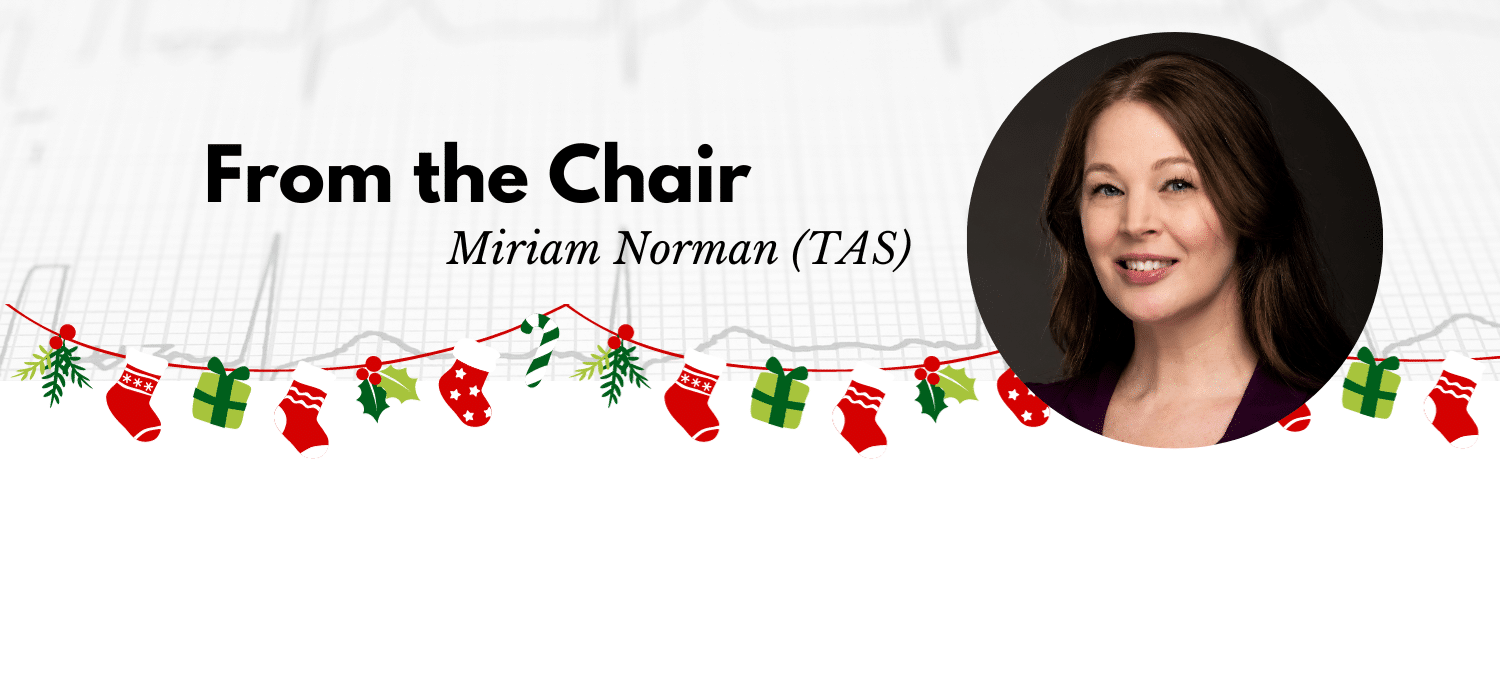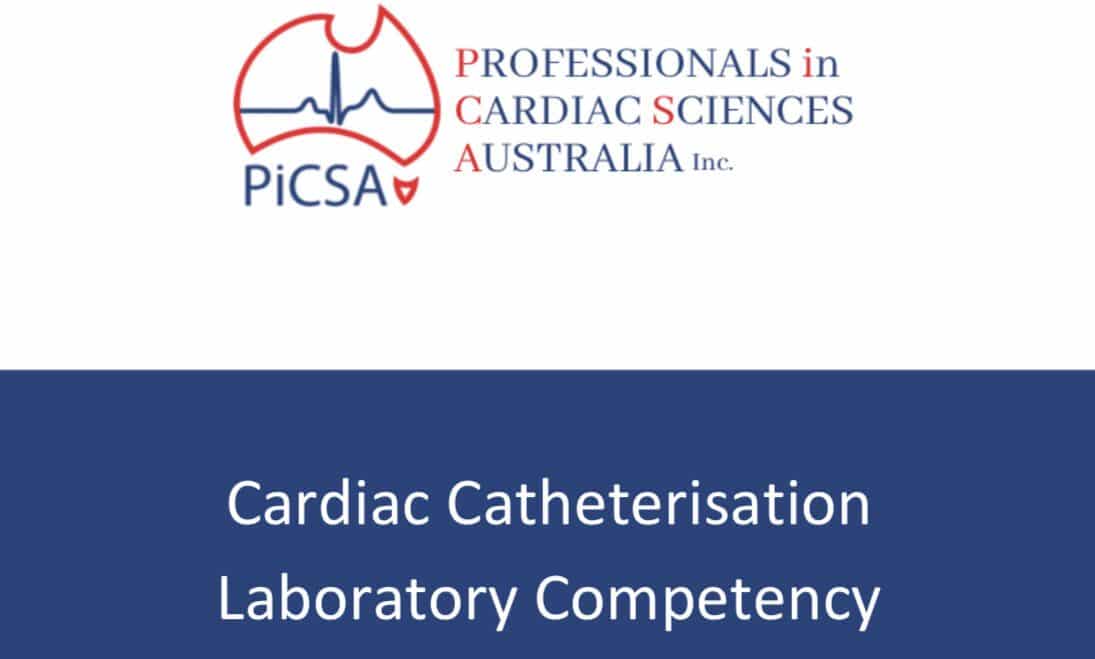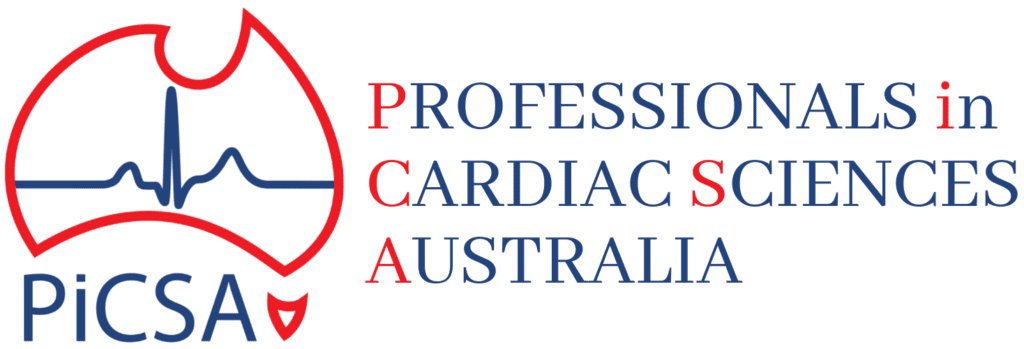During the Winter quarter, PiCSA has continued to advocate for our profession, and has endeavoured to strengthen relationships with other relevant organisations. We are seeing progress, but there is still an enormous amount of work to be done.
CIED prosthesis reform
Regarding our serious concerns about cardiac device pricing and workforce structure, our June 2023 letter to the Hon Mark Butler MP (Minister for Health and Aged Care) and our March 2023 response to MSAC application 1724 certainly generated some serious conversations. I am particularly appreciative of the industry employed Cardiac Physiologists who reached out to give feedback, most of whom expressed their personal agreement with the position we have taken. We value all feedback, especially from those who want to help us do the best possible job of representing them.
I want to reiterate that PiCSA recognises and values the appropriate role of industry, and endeavours to represent all Cardiac Physiologists, regardless of their employer. If you have concerns about our position, I invite you to read our MSAC response in full [MSAC application 1724] where we emphasise that the industry role is critical. I am pleased to report that PiCSA and the Medical Technology Association of Australia (MTAA) have recently agreed to engage more closely and are committed to finding ways to work together.
We received a formal response in August from the Prosthesis List Reform Taskforce on behalf of Mark Butler, but it completely failed to answer any of our questions. We were also disappointed to observe that Government’s “States and Territories” consultation meetings invited only 3 cardiac device physiologists, and around 30 procurement personnel – we hope to be better represented in the future.
The outcome of the MSAC application is yet to be announced. If all we achieve is our early inclusion in future discussions that alone will be a big step forward, but we hope to achieve far more.
Title terminology
In our current newsletter, the terms “Cardiac Echo Physiologist”, “Cardiac Sonographer”, and “Echocardiographer” are used interchangeably: That’s 3 names for one branch of Cardiac Physiology. We also note that “Scientist” and “Technician/Technologist” are sometimes used.
PiCSA particularly wants to phase out “Technician/Technologist” because they no longer represent our expected level of training or facilitate appropriate pay.
We have been involved in discussions with the Australian Bureau of Statistics regarding the terminology to be used for our profession in the next Australian Census. Their current draft needs a complete rewrite to properly reflect who we are and what we do, so we will be working with them to make sure we are properly represented in Australia’s workforce statistics.
Cardiac Catheterisation Laboratory Competency Document
PiCSA remains committed to enhancing patient care and promoting excellence in cardiac physiology. In July we proudly released our Cardiac Catheterisation Laboratory Competency Document. The document can be found on our website: Core Documents. Please share your insights, suggestions, or ideas for future revisions at secretary@picsa.org.au.
Representation at CSANZ
The Cardiac Society of Australia and New Zealand (CSANZ) generously provided PiCSA with a booth at their Adelaide meeting in August. This was a wonderful opportunity to engage with Cardiac Physiologists from Australia and New Zealand and to interact with the broader cardiology community. We continue to be surprised by how many people still haven’t heard of PiCSA or are not aware of the urgent need for regulation and representation of Australia’s Cardiac Physiology workforce.
Engaging with other organisations
There is a long list of meetings and projects ahead, which will be shared with other groups, such as the Australian Sonographers Association and the ACCP.
Having been in the Chair position for a few months now, I have been reflecting on our resources and leadership structure. PiCSA’s board contains individuals with very advanced clinical skills and huge passion for education and advocacy, but we are still very small, and there are skill gaps.
Affiliating with larger groups will help to make our considerable efforts more effective, as will attracting individuals with a broader range of experience to PiCSA leadership positions.
Affordable fees
PiCSA has kept its membership fees extremely low, but no matter how cheap we make it, it is still an out-of-pocket optional expense for most Cardiac Physiologists (shout out to CardioScan who have covered their eligible employees’ PiCSA membership fees).
New Zealand’s Cardiac Physiologists benefit from an award that reimburses their professional membership and registration expenses (see Te Whatu Ora- Clinical Physiology Collective Agreement). Consequently, there is near universal participation in the SCT and CPRB (Society of Cardiopulmonary Technology and Clinical Physiology Registration Board). This is something for us to consider in future award negotiations.
The downside of low fees is that PiCSA is less financially resourced than many comparable professional associations. We are looking at adjusting our membership categories soon to draw in more funding and extend our influence.
Endorsement of ACCP and ASAR registration:
Poor technical support of medical devices got some press recently in the world of audiology (https://www.abc.net.au/news/2023-08-22/cochlear-implant-bungle-undiagnosed-at-sa-childrens-hospital/102758152) so now is a very good time to push for registration of Cardiac Physiologists.
The Thoracic Society of Australia and New Zealand (TSANZ) have put ACCP registration in their 2021 respiratory function laboratory accreditation program manual, stating:
“It is strongly recommended that scientific staff should be registered as a respiratory clinical physiologist with the Australian Council for Clinical Physiologists (ACCP) or the Clinical Physiologists Registration Board (CPRB) in New Zealand”
PiCSA has therefore written to the CSANZ asking for their 2022 CIED follow-up position statement to be updated to strongly recommend registration with the ACCP. The document already supports the CPRB (on which the ACCP was modelled) and CSANZ supports registration of Echo physiologists [through the Australian Sonographer Accreditation Registry (ASAR)], so we are optimistic that the modification will be made.
It doesn’t matter if you work in a public, private, or industry setting, all cardiac physiologists should be registered health professionals. This applies to all 5 modalities of practice: ECG, Cath Lab, Echo, Devices and Electrophysiology. If you haven’t registered yet, please do. Let us know if you have any problems or questions regarding your registration application via secretary@picsa.org.au
Call for reinforcements:
PiCSA desperately needs greater membership numbers, and more volunteers. As we increasingly work with bigger and better resourced organisations it is screamingly obvious that we simply need more hands on deck and a broader range of skill sets.
We are especially interested in recruiting people who have experience in not-for-profit governance, business, finance, law, risk management, event management, strategic planning, human resources, project management, marketing, communications, and experience working with government ministers.
If you don’t have time to volunteer, simply being a financial member of PiCSA and participating in the appropriate registries is a powerful way to support our mission.
As we continue our journey to advocate for our profession and strengthen partnerships, PiCSA remains committed to its mission, and we invite you to join us in shaping the future of cardiac physiology in Australia.
